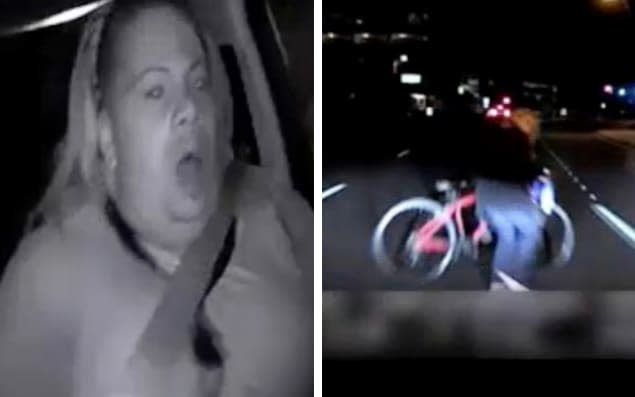Uber safety policies were 'inadequate', says watchdog investigating self-driving car death

Uber had "inadequate" safety policies at the time when one of its self-driving cars killed a woman in Tempe, Arizona, last year, a US watchdog has said.
Investigators from the National Transportation Safety Board said the company's poor policies contributed to failures by both the Volvo SUV and the human backup driver supervising it, leading to the death of Elaine Herzberg in March 2018.
At a meeting on Tuesday Robert Sumwalt, chair of the board, said: "The inappropriate actions of both the automatic driving system as implemented and the vehicle's human operator were symptoms of a deeper problem - the ineffective safety culture that existed at the time of Uber ATG."
Michael Fox, the NTSB's senior highway accident investigator, said that although Uber had a drug testing policy for backup drivers, it was "sporadic and not implemented on a consistent basis".
"In fact, the accident driver was never drug tested and despite company policy did not receive a drug test after the crash," he added.
The company's self-driving car division did not have a policy to manage the tiredness of its backup drivers, had recently reduced the number of drivers in each car from two to one, and did not have a dedicated safety division or a safety manager.
It also failed to properly oversee the behaviour of drivers, something which allowed the worker supervising the car involved in the accident to watch TV on her phone for extended periods of time.
Investigators said "automation complacency" had also led the driver to rely too much on the self-driving system and fail to pay attention.

The company had switched off the Volvo's own advance braking system and the autonomous technology fitted to the car was unable to identify Ms Herzberg as a pedestrian and could not predict her path across the road.
The board praised improvements made by the company since the crash, including adding a second backup driver to each car, implementing extra training and installing internal cameras to make sure they were paying attention.
It also criticised the US government for failing to implement safety policies for self-driving cars.
Currently 29 US states have some kind of regulation for the technology but there is no overarching federal law.
Board member Jennifer Homendy said: "In my opinion they've put technology advancement here before saving lives."
Nat Beuse, head of safety at Uber's Advanced Technologies Group, said: "Over the last 20 months, we have provided the NTSB with complete access to information about our technology and the developments we have made since the crash.
"While we are proud of our progress, we will never lose sight of what brought us here or our responsibility to continue raising the bar on safety.”


